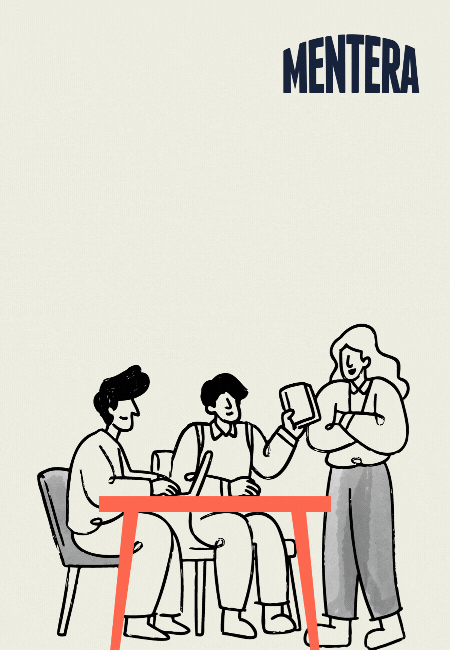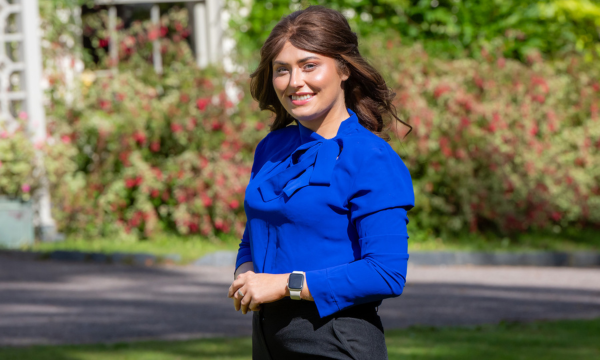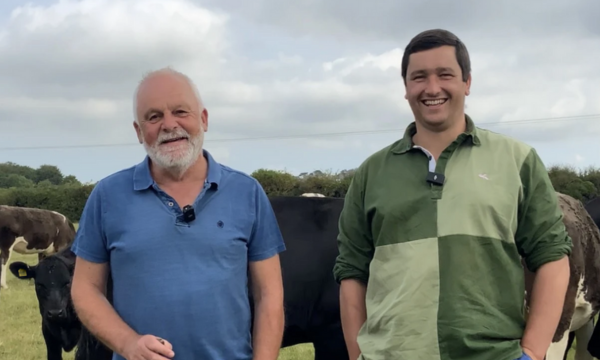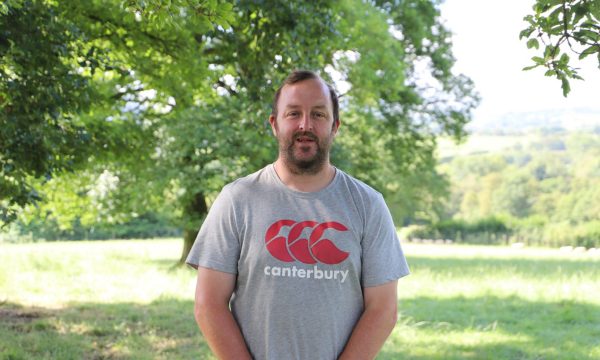
GUEST COLUMN:
James Harrison-Allen
Founder
Still Wild Drinks
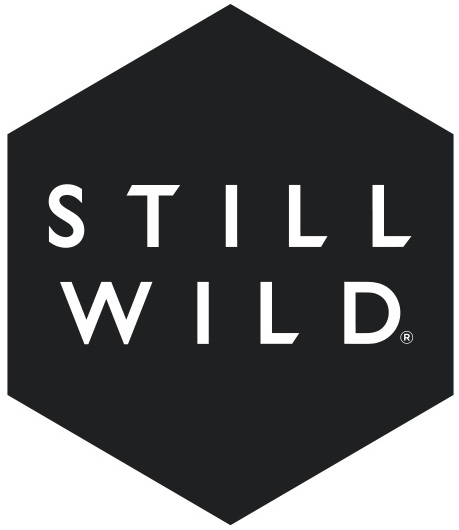
There’s a plant we use in one of our vermouths that almost no one’s heard of. It’s a variety of wormwood, which is an essential ingredient in the drink, but this particular species grows wild in coastal Wales.
When I took it to a spirits conference, even among producers who work with wormwood every day, no one recognised it. That was the moment I realised we might be doing something genuinely different.
At Still Wild, we didn’t set out with the intention of being innovative. The aim was simply to make something interesting and rooted in place, using the plants around us. I’ve always been drawn to ingredients that have fallen out of favour – meadowsweet, yarrow, sea wormwood – the kinds of flavours that once would have been familiar, but that have largely been forgotten. We started by working with what was growing locally, and only then did we land on vermouth and aperitifs as the right format for those ingredients.
What’s helped, I think, is that there was no pre-existing rulebook. If we’d tried to do this in Italy or France, tradition would have come with its own constraints. But in Wales, there’s no expectation about how vermouth should taste or be made. That gave us the space to experiment – not just with ingredients, but with techniques too. Cold distillation, which draws out more delicate flavours, became a big part of our process. At the time, hardly anyone else in the UK drinks industry was using it. It wasn’t a calculated move to be different – it just worked best for what we were trying to do.
That’s how a lot of our decisions have come about. It’s only afterwards that I’ve realised they might fall under the umbrella of innovation. We weren’t trying to reinvent anything – we were just trying to make a better product. But when you don’t have a strict path to follow, you’re more likely to take the scenic route, and that’s often where new ideas come from.
Being a small business helps with that. There’s more room to try things out, to act on instinct, to take risks that might not make it past a corporate boardroom. Sometimes that freedom is what allows the stranger, better ideas to surface – ones that might have been dismissed too quickly elsewhere. I’ve had plenty of half-formed thoughts that started as scribbles or half-asleep ramblings and ended up shaping a new direction for what we make.
But with that freedom comes responsibility. Foraging, for example, is central to what we do, but it only works if it’s sustainable. We used to harvest wild thyme until we realised we couldn’t do it at scale without putting pressure on the local ecosystem. So we stopped. Instead, we’ve started planting some of our own botanicals and working with others who share our values. We’ve helped set up a community orchard in the neighbouring village and we’ve turned the land beside our distillery into a wildflower meadow. These are small steps, but they reflect the broader approach: trying to tread lightly, even as we grow.
One way we’ve balanced growth with that ethos is by diversifying what we offer. Rather than producing huge volumes of one drink, we’ve expanded our range. That includes working with waste oyster shells from a local farm to develop a new vodka. Projects like that help keep us creatively energised, but they also build relationships across our local economy and that feels just as important.
We’ve also learned to question ourselves. Just because something works doesn’t mean it can’t be improved. That applies to process, to packaging, to how we think about our role in the market. One of the biggest challenges we face is packaging, particularly glass. It accounts for more than half of our carbon footprint. There are some really promising alternatives emerging, but uptake depends on consumers being willing to accept change too. The next phase of innovation, for us, might be less about the product itself and more about how it’s delivered to people in a way that reflects our values.
A lot of what we’ve done has been described as innovative, but none of it was planned that way. It’s been a process of paying attention, responding to what’s around us, and being open to where things lead. Innovation, at least for us, has looked a lot like improvisation. But maybe that’s the point – you don’t always need to chase the new. Sometimes it finds you when you’re out picking mugwort in a hedgerow and thinking about what it might become.
James Harrison-Allen talks about this and more in the Mentera podcast episode Beyond Business as Usual: Fuelling Growth with Innovation. Listen to the podcast here.



